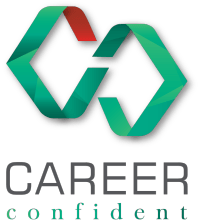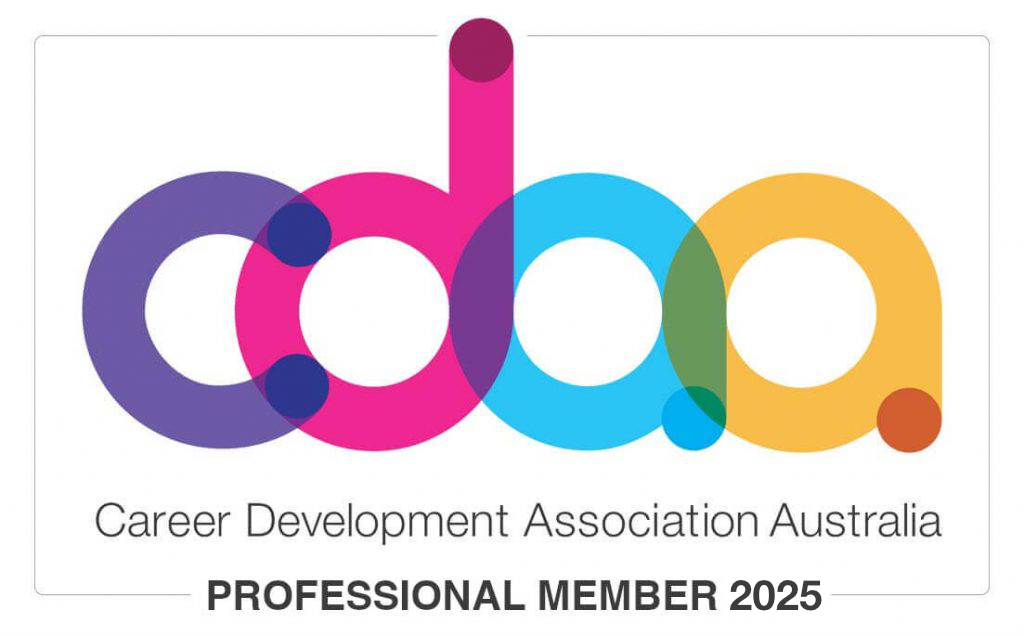Mid-career and lost your job during the COVID-19 crisis? Consider your career aims before you study or up-skill
In a challenging job market, taking time to enhance skills or acquire new ones makes sense. Depending on your circumstances, you might study to improve your industry specific skills, facilitate a career change or sharpen your key employability skills which will have cross sector applicability – including negotiation, communication, leadership. However, whether you are considering short courses or contemplating a more substantive study program, it pays to be clear about what you want to achieve, undertake research and be careful not to over commit.
Studying the right course can boost your confidence, job prospects, promotional opportunities and importantly, your knowledge. You may even be wanting to equip yourself with the knowledge to develop your own business. Ideally, any study you undertake for work purposes should be aligned with your interests, intended career direction and be pitched at a level appropriate for you. Without downplaying the devastating impact job loss can have, now could be an invaluable opportunity for you to take stock and assess your career and life goals.
Some tips to get you started.
Career Self-assessment and a Skills Audit
Ask yourself: what has worked/not worked in my career to date? What achievements am I most proud of? Think about the areas in which you lack confidence or aspire to improve. Consider the changing nature of your occupation or the occupational group or “cluster” you are wishing to pursue. What are recruiters asking for in job advertisements? What challenges can you help prepare yourself for? Research new and developing areas and how you might capitalize on them. Use self-assessment tools online to help you identify your transferable skills and achievements. The Australian government’s Job Outlook website is a terrific resource with a function to help you identify your transferable skills across occupations. It offers detailed local and national information about over 1,000 occupations and the multiple vocational and tertiary study pathways to these, along with projected future outlooks (note – this aspect won’t have been updated in recent months to include the impact of COVID-19).
The Changing Employment Market
The Australian Labour market continues to change as a result of the COVID-19 pandemic. Knowing about its current and emerging opportunities, in so far as this is possible, can help inform the choices you want to make about what to study. See the Labour Market Information Portal and the Australian Department of Education Skills and Employment.
Studying for Career change
One likely impact of COVID-19 is an increase in the number of people who are considering a career change. Perhaps you have been contemplating this. Research carefully the industry you are looking to move into and ideally, speak to people working at various levels of it. Some of my clients had avoided changing careers despite being very unhappy as they thought this would require studying another degree or extensive postgraduate study. This is not always the case. Depending on the occupation and your professional background, a short course or certification can sometimes be enough to get you started in a new sector, especially when combined with related work experience, other credentials and transferable skills. As it can be important that the course you undertake is specifically accredited to meet industry requirements to join, be sure to investigate before committing.
Whether you plan to study a series of short courses, vocational Diploma or postgraduate tertiary qualification to help with your career change, remember studying is only part of the equation: develop your networks, consider joining a relevant industry association and update your CV and online professional profile to reflect your achievements and transferable skills.
Finding the right course for your needs
Whilst your options are certainly not limited to the Australian market, the Australian Qualifications Framework explains the key differences between various courses from a Certificate II (AQF 2) to a Diploma ( AQF 5) through to a Bachelor (AQF 7) and Masters degree AQF 9). As a mid-career professional, it may prove challenging for you to embark on a Bachelor’s degree (typically three years full-time or part-time equivalent), in order to improve your job possibilities and/or facilitate a career change. If you have a degree and/or substantive work experience in a field and wish to specialise or branch into a different sector, a Graduate Certificate can be a good option as a starting point (and can typically be completed in six months full- time or a part time equivalent). Remember: when applying for courses relevant work experience counts, as does recognition of prior learning. Regardless of which course you choose, consider your other work and family commitments, associated costs and how long is realistic for you to study. Also be mindful that studying a course you are not genuinely interested in, and/or or have trouble understanding, is potentially counterproductive, impacts confidence and can be costly financially.
Comparing courses (check the fine print)
Course Seeker is a good place to start. Always check the fine print concerning subjects and assessment, prerequisites, study format, technology required, enrolment and cancellation policies, available support for students, and – importantly – assumed knowledge.
New Higher Education Certificates – Government Subsided courses from May 2020
The Federal government in response to the COVID-19 pandemic, has announced the introduction of discounted online short courses at Universities and other providers in key areas of economic need including teaching, information technology, psychology and agriculture, from vocational through to postgraduate level. Subsidised online study must be completed by December 2020. At present the Higher Education Certificates are not recognised in AQF as they are new, and it is not clear how the new certificates will be viewed by employers. However, given that the costs of study are prohibitive for many, this may be a wonderful opportunity for you (providing of course that the options offered interest you). Options include taking a longer course like a vocational Diploma or Bachelor’s degree where the first six months are heavily discounted, and students take the remainder of their course with standard fees.
An all-inclusive six-month full-time course may appeal more to those interested in a Graduate Certificate or other new Certificate at undergraduate or Diploma level which could be completed in six months full-time. Remember some courses like existing Graduate Certificates might be already endorsed by the industry in which you work in or are aspiring to and they leave open the option of further postgraduate study.
Also consider free TAFE courses. Be mindful that places fill up quickly for these programs and keep an eye out for other government-led initiatives in the coming months.
Short courses and other up- skilling options
Enrolments in short courses have grown substantially over the last few months. With so many courses and a multitude of providers on the market promoting flexible learning formats, we are spoilt for choice. The potential benefits include skill development, industry accreditation, continuing professional development, career exploration and a realistic pathway to further study.
Investigate courses offered by industry bodies, universities and popular platforms like Udemy, LinkedIn and Corsera, the latter providing access to a variety of courses from leading Universities worldwide. See what feedback is provided from former participants and, as always, read the fine print. Remember you can enroll in a single subject at University too, which can later be credited towards a qualification – an excellent way to see if a course/career is right for you and help you ease into studying. Be realistic about the strengths and limitations of short courses. They don’t make you an expert but can lead to further study and kickstart a career change or boost job prospects. Good luck!
Helen Green is a careers practitioner and writer. She is Director of Career Confident in Melbourne. Helen is a professional member of the Career Development Association of Australia.







